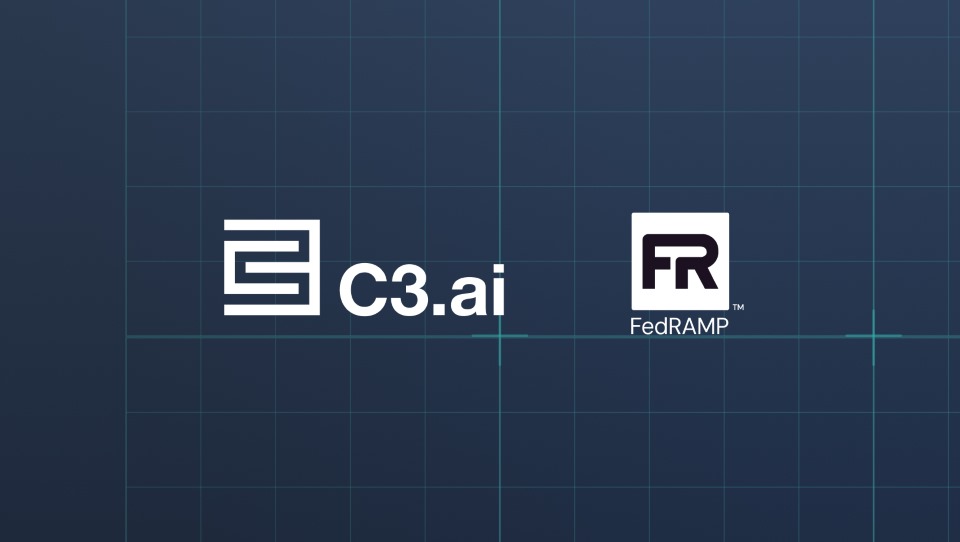Digital Transformation Success: Three Keys for Germany’s Business Leaders
This is my fourth decade in the information technology industry. When I joined Oracle in the 1980s, then a startup with fewer than 30 employees, the IT market globally was about $50 billion. Today it’s $3.8 trillion, growing to about $9 trillion in the next five years. Growth is clearly accelerating, largely driven by this phenomenon we call “digital transformation.”
The underlying engine of digital transformation is the confluence of four 21st century information technology vectors—elastic cloud computing, big data, the internet of things, and artificial intelligence. Digital transformation represents a step function in IT. Organizations that successfully embrace these new technologies will thrive. Those that don’t will face a rocky future.
But as digital transformation sweeps across nations globally, Germany has lagged behind in the transition to a digitally advanced economy. And Germany’s unique advantage in engineering and manufacturing is under attack by intensifying competition from China, whose government will invest $150 billion over the next decade in an attempt to lead the world in AI. This massive investment will benefit China’s manufacturing sector in developing AI-enabled products in areas including automotive, energy, and industrial equipment.
Many German firms are struggling with their transformation efforts. According to a 2019 study by German IT company Celonis, half of the surveyed executives believe their digital transformation initiatives were a waste of time. What steps can German organizations take to move their digital agenda forward? Three immediate actions are key to success:
- Embrace and lead digital transformation from the top. The CEO must set and drive the digital transformation agenda. This must be a top-down, enterprise-wide mandate, with the full support and participation of the entire executive management team. Digital transformation cannot be delegated to the CIO, CTO, or any other executive. While it makes great sense to appoint a Chief Digital Officer with the authority and budget to drive change, the mandate needs to come from the CEO.
- Educate your leadership team and your workforce about today’s digital technologies—AI, IoT, and elastic cloud computing. The step function in IT that we’ve witnessed over the past 5 to 10 years totally changes how business, commerce, and government must operate. Leaders need to understand these technologies and how they can be applied for competitive advantage, and workers need to be trained with the skills to implement and use them effectively.
- Identify high-value use cases to address and insist on substantial, measurable results within 6-12 months. This is essential. More than any other reason, digital transformation efforts fail because they do not meet this requirement. In many cases, projects get launched as pilots or proofs of concept, but never transition to production deployment at scale. Typically, 7 out of 10 projects that are proposed should be rejected for this reason.
When I was at Oracle in the 1980s, and then at Siebel Systems in the 1990s and early 2000s, German organizations were early adopters of new technologies coming into the market, including relational databases, ERP, and CRM applications. Companies like BMW, BASF, Deutsche Bank, Daimler, and hundreds more embraced cutting edge IT as a competitive advantage and realized significant economic value.
Today, the unfortunate reality is we are at the peak of the hype cycle around these new technologies, in particular, AI. The marketplace is filled with noise. That’s why it’s essential for leaders to learn about these technologies, in order to distinguish the hype from the reality.
German enterprises come to the table with substantial advantages—engineering and manufacturing expertise, operational excellence, and skilled workers. But these alone are not enough. To make the transition to the new digital age will require leadership from the top, a focus on learning these new technologies, and a demand for clear results.
Thomas M. Siebel is founder, chairman, and CEO of C3.ai, an enterprise AI software company based in Silicon Valley. He is the author of the bestseller, Digital Transformation: Survive and Thrive in an Era of Mass Extinction (RosettaBooks, 2019).
Read the full article here.




